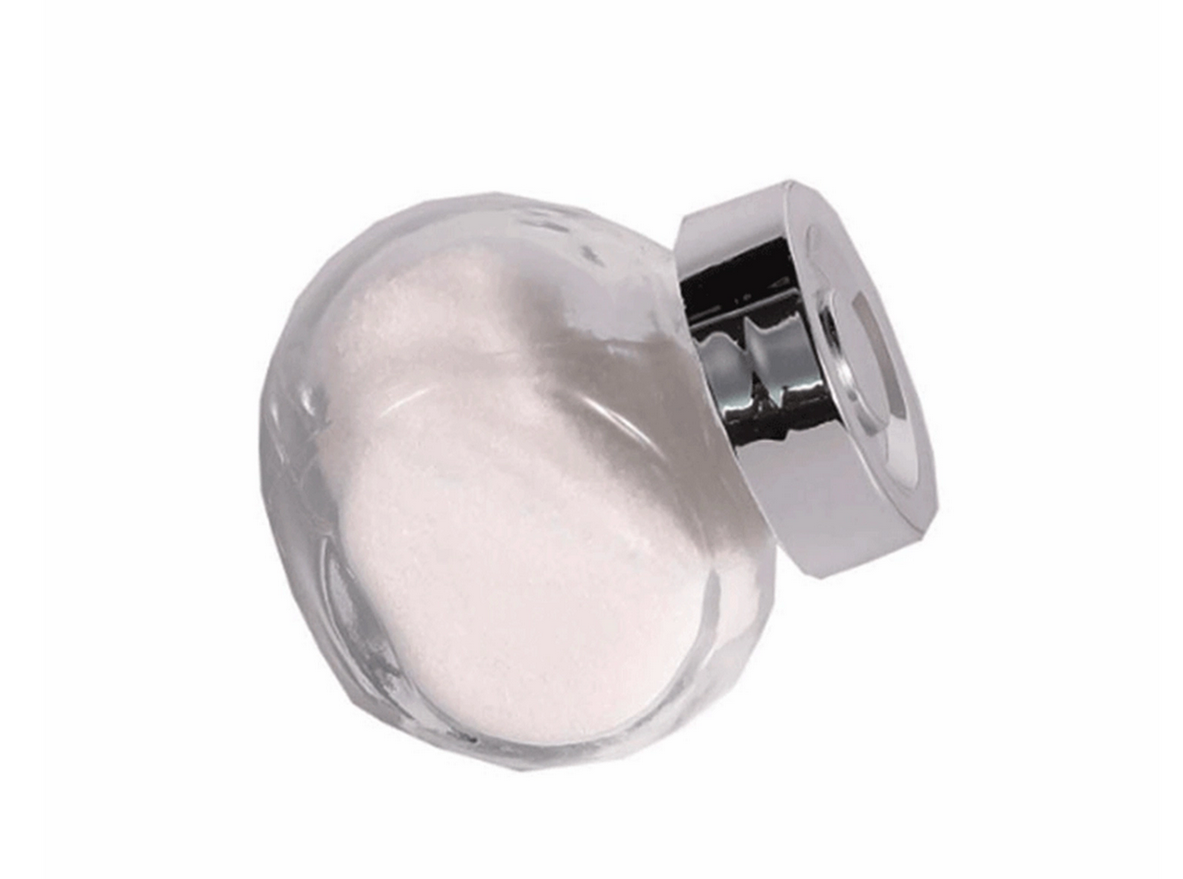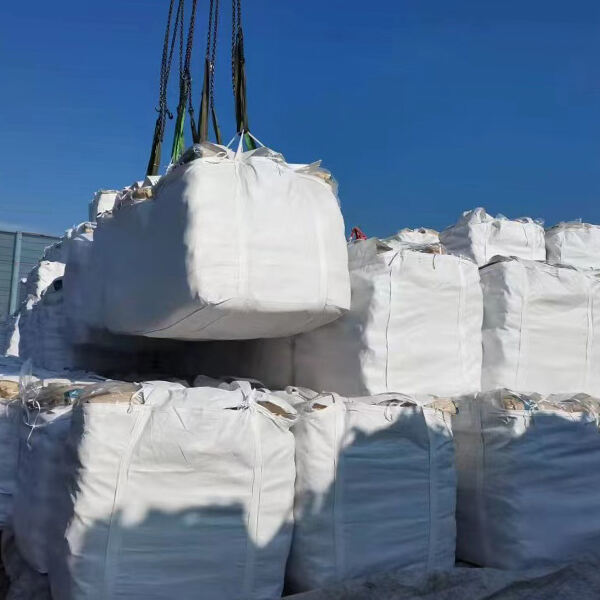How PVC Resin is Made: A Comprehensive Overview?
PVC resin a versatile and used material has revolutionized industries are countless. From construction to healthcare, from toys to packaging, Richest Group PVC resin finds its use in various applications, making it an essential for daily lives. But how is this material made? What are the advantages of PVC resin over other materials? We will explore the production process of PVC resin, its applications, and quality standards.
Advantages of PVC Resin

PVC resin highly resistant to chemicals, weather, and fire, making it a material ideal building sturdy structures and durable products. PVC resin also relatively lightweight and easy to handle, making it a choice products are popular require easy transportation. PVC resin a material affordable more cost-effective than other materials such as wood or metal. Additionally, it can be recycled, making it environmentally friendly.
Innovation in PVC Resin Production
The production process of pvc-k57-59 has evolved, with newer techniques and technologies being introduced to improve the efficiency and quality of the manufacturing process over the years. One innovation such the use of computer-guided processes and automation, which has made the production process more streamlined and efficient. The use of renewable energy sources such as solar and wind power has also made the production of PVC resin more environmentally friendly.
Safety and Use of PVC Resin
PVC resin a safe and material reliable used in various industries. It non-toxic, meaning it does not have any health adverse for humans or animals. PVC resin can be used both indoors and outdoors, making it an excellent material in all kinds of environments. When using PVC resin, it important to follow the instructions and guidelines provided by the manufacturer to ensure safety and performance optimal.
How to Use PVC Resin?

PVC resin can be used in various applications, ranging from plumbing to toys and packaging. The material can be molded into any shape, making it a material versatile creating products. PVC resin also easy to work with, and it can be joined by various methods such as welding, gluing, or screwing. When pvc-sg-3 using resin it is essential to ensure the material not exposed to extreme temperatures or chemicals may damage it.
Service and Quality Standards of PVC Resin
Manufacturers of PVC resin must adhere to quality stringent to ensure the material meets the specifications are required its intended use. The quality of the material assessed through various tests and checks, including strength tensile, impact resistance, and elongation at break. Manufacturers must also provide customer excellent, addressing any concerns or questions customers may have about their products.
Applications of PVC Resin
PVC resin used in various industries, including construction, healthcare, electronics, and packaging. In construction, pvc-sg-1 used for making pipes, wire insulation, flooring, and window frames. In healthcare, PVC resin used for making tubes are medical blood bags, and gowns are surgical. In electronics, PVC resin used for making cable computer and insulation housings. In packaging, PVC resin used for making blister packs and packaging clamshell among others.

 EN
EN  AR
AR  NL
NL  FR
FR  DE
DE  EL
EL  HI
HI  IT
IT  JA
JA  KO
KO  PL
PL  PT
PT  RO
RO  RU
RU  ES
ES  TL
TL  ID
ID  UK
UK  VI
VI  SQ
SQ  MT
MT  TH
TH  TR
TR  FA
FA  AF
AF  MS
MS  SW
SW  KA
KA  UR
UR  BN
BN  LO
LO  NE
NE  SO
SO  TA
TA  ZU
ZU  MY
MY  KK
KK  SI
SI  TG
TG  KU
KU  XH
XH 





